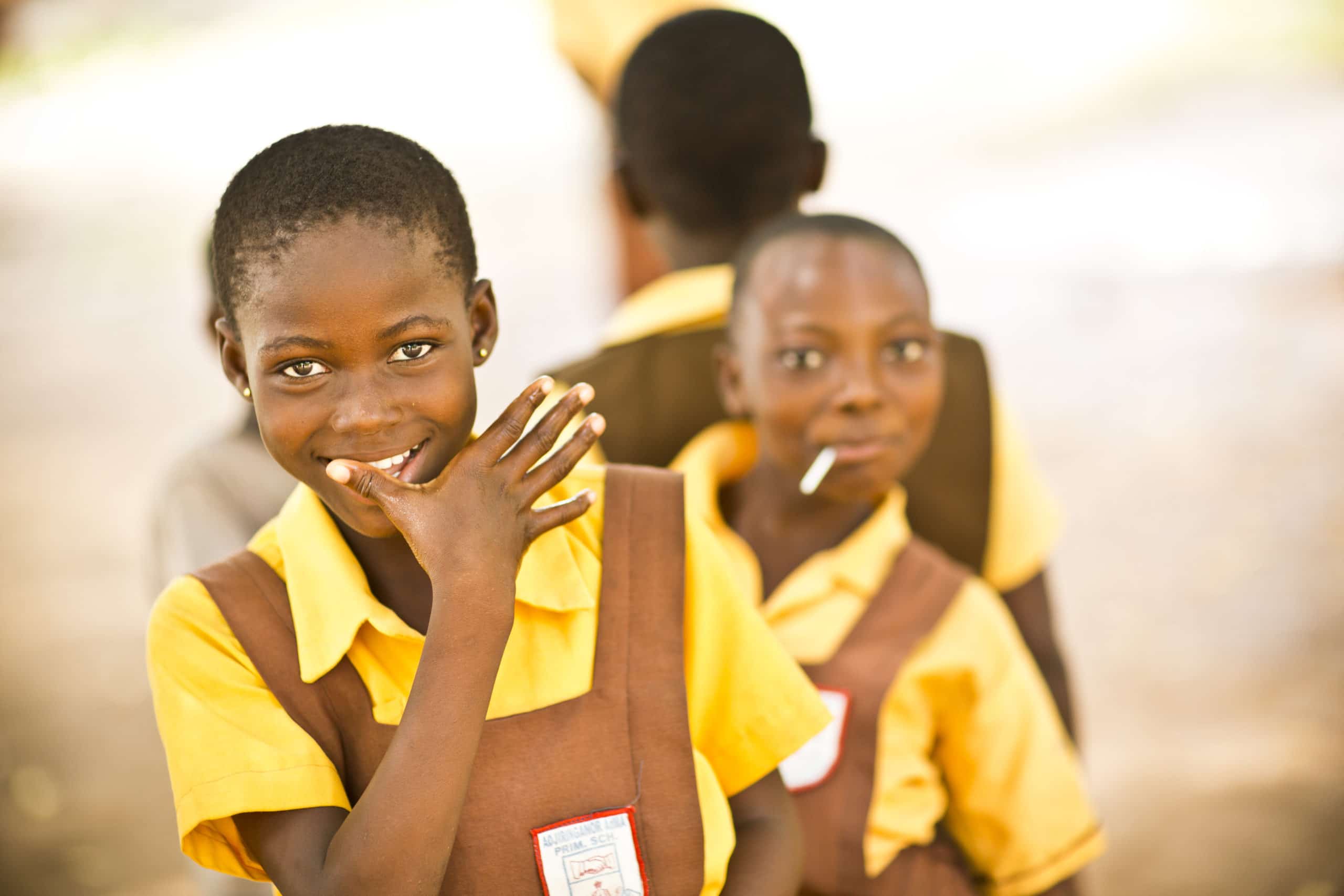Caroline Grant, English Programmes Director, Sub-Saharan Africa, British Council
Girls in sub-Saharan Africa face numerous barriers to quality education. Research by the British Council shows that in many countries, no more than 10 girls out of every 100 complete lower secondary school.
In addition to discriminatory gender norms, there are other barriers too. In Ethiopia, for example, only four per cent of children with disabilities were enrolled in school, with boys outnumbering girls three to one in lower primary school.
Our extensive work forged over decades in partnership with ministries of education in the region has revealed that even when girls can access education, discriminatory gender norms have a negative impact on their learning outcomes.
Barriers to girls’ education
Girls are affected by teachers’ attitudes and differing expectations of boys and girls. Teachers’ skills in gender-sensitive pedagogy are limited and school leaders need training in how to create a gender sensitive school environment. Female role models are few, which can lead to lower aspirations for girls from early childhood. Differences in language competence can also go unnoticed, with girls given fewer opportunities to speak in class.
To mitigate these critical barriers, the British Council takes an inclusive pedagogy approach that is learner- and equity-focused. The methodology pays attention to the varied background, learning styles, and abilities of all learners, and fosters a supportive environment ensuring that girls are given equal opportunities to study and learn. Teachers are provided with gender sensitive training coupled with instructional leadership training to create safe and secure learning settings.
Successful interventions
In Zimbabwe, only 14% of girls complete upper secondary school. Our Leading Learning for Gender Equity programme is improving teaching and learning outcomes for young people, especially girls. We have collaborated with colleges of education and the Ministry of Primary and Secondary Education to roll out this programme to primary and secondary government schools across the country. The programme gives leaders and teachers in schools the opportunity to recognise gender barriers and how they affect girls’ access to education, change the underlying values and norms that support gender inequality and encourage young people to be active, engaged global citizens.
In South Africa, the Department of Basic Education has supported the development and implementation of the EU funded Teaching for All programme. The programme has a gender inclusive teaching methodology and encourages girls to take subjects like science, technology, engineering and maths (STEM).
We developed teacher training modules and materials for pre-service education programmes and 10 South African universities are currently delivering the training. Teaching for All leverages partnerships between the British Council, the Department of Basic Education, Department of Higher Education and Training, the University of South Africa and MIET AFRICA. Itis now being extended to all universities in South Africa, and it is also being offered by the Department of Basic Education as an accredited in-service teacher training programme.
In Nigeria, some cultural and religious norms can discourage girls from completing primary education, and girls are responsible for household chores that allow them little time to study or play. In some areas of Nigeria where security is an issue, there is also a need for safe spaces for girls to pursue their education. In Kano State, in partnership with the Kano State Universal Basic Education Board and Teaching at the Right Level Africa, we launched a pilot programme to build foundational Maths, Hausa, and English literacy skills for more than 37,000 Primary 4 to Primary 6 girls and boys. Children are assessed on foundational skills and grouped by learning level. For two hours per day, they focus on reading and arithmetic. Home focused support is provided for pupils and teachers through worksheets, activity text messages and radio broadcasts.
These are just some examples of the systems changes that can be achieved. We urge private sector companies to consider the wide-reaching benefits of creating societies in which girls can achieve their potential in life and to contribute to the economy. The British Council welcomes the opportunity to co-create impactful, needs based education programmes in partnership with like-minded partners.
Caroline Grant is the British Council’s Director of English Programmes covering 16 countries in sub-Saharan Africa. Caroline is a qualified teacher, with an MA in Education and Development from UCL’s Institute of Education. Caroline’s interest in education was sparked by her first job as a secondary school teacher in South Africa and since then she has held several roles in education including education manager for an NGO in the Valley of a Thousand Hills in Kwa-Zulu Natal, South Africa, education consultant for ActionAid in Ethiopia on a non-formal education programme for out-of-school girls. For the British Council she has worked in various roles including English in Education lead for a national teacher development programme in Senegal, English Language Teaching Adviser in South Africa where she established the British Council-Department of Basic Education English First Additional Language Collaboration programme, and regional English Language Adviser for West and Southern Africa based in Abuja, Nigeria. Caroline is passionate about all children gaining strong foundational literacy and numeracy skills, effective teacher development and motivation in low resource contexts, instructional leadership driving learning, inclusion and confidence-building of girls, and the role of language policy and practice for inclusion.
DISCLAIMER: Brand Voice is a paid program. Articles appearing in this section have been commercially supported.
